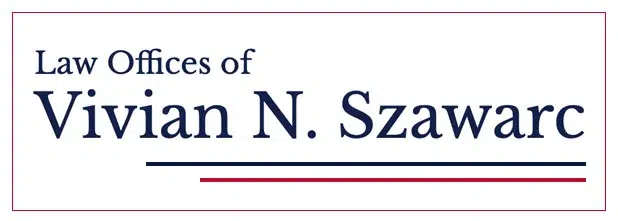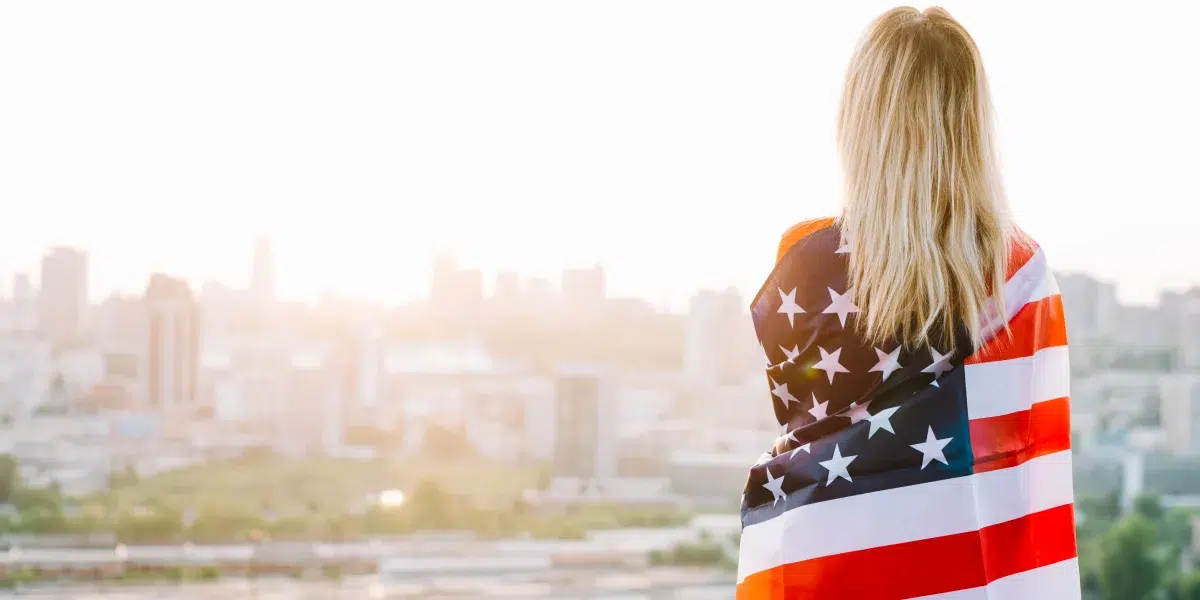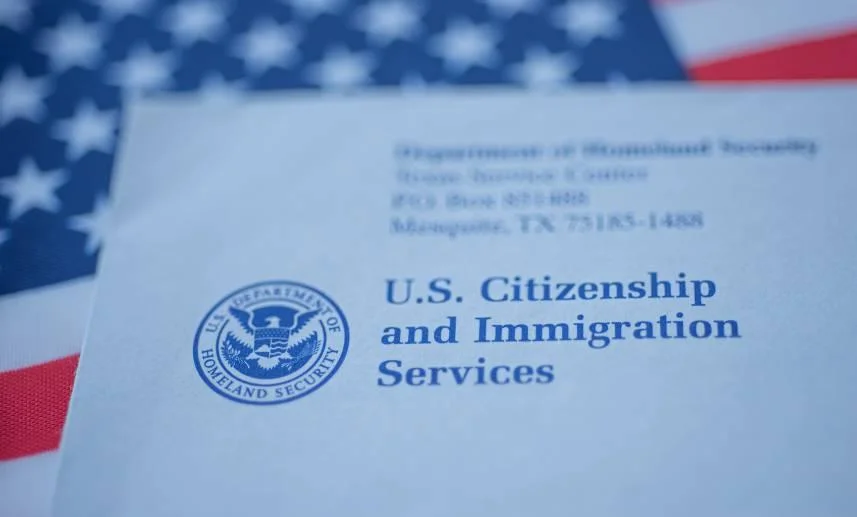The VAWA Visa (Violence Against Women Act Visa) is a United States immigration program that provides protection to certain victims of domestic violence, sexual abuse, child abuse, and other related crimes. It was created to help victims facing violence by a U.S. citizen or legal resident obtain legal residency in the United States.
Below, I explain the key aspects of the VAWA Visa:
- Eligibility: The VAWA Visa is available to three main categories of applicants:
- Battered spouses of US citizens or legal residents.
- Abused children of US citizens or legal residents.
- Abused parents of US citizen children.
- Requirements: To qualify for the VAWA Visa, the applicant must demonstrate that they have been a victim of abuse or violence by their US citizen or legal resident spouse. They must provide substantial evidence of the abusive relationship and meet certain legal requirements.
- Application Process: The VAWA Visa application process involves filing a petition with the United States Citizenship and Immigration Services (USCIS). This includes completing specific forms and providing documentary evidence to support allegations of abuse.
- Work and Travel Permits: During the application process, applicants may be eligible to obtain a temporary work permit (Employment Authorization) and a travel permit (Travel Document) that allows them to work and travel while their case is pending .
- Permanent Legal Residence: If the VAWA application is approved, the applicant can obtain permanent legal residence in the United States (Green Card). This gives them the right to live and work in the country permanently.
- Cancellation of Removal: In certain cases, if the VAWA Visa is approved, the applicant may request cancellation of removal if they are facing deportation proceedings. This can lead to suspension of deportation and obtaining legal permanent residence.
What is VAWA?
The VAWA self-petition is a program that grants residency to victims of domestic violence. In addition to punishing those who commit abuse, this immigration law promotes healthy relationships in homes. It provides important protections to women victims of domestic violence, including requiring abusive partners to comply with the country's civil and criminal laws.
Victims are exempt from paying for housing protection and personal protection order services, and do not have to pay for abuse examinations. VAWA provides victims with greater security by effectively making abusive partners comply with protective orders. This law allows cases of family violence to be prosecuted and punished appropriately.
There are two types of VAWA petitions
The applicant may apply if they have suffered abuse from a US citizen. By meeting immigration requirements, you can apply for both the VAWA benefit and a green card at the same time, since you qualify as an immediate family member.
A person may also apply for VAWA if they have been the victim of abuse by a legal resident of the United States. However, under the law, the applicant will not be immediately eligible to obtain legal permanent residency. He must wait for his priority date, which is related to the date he submitted his VAWA application. It is important to keep in mind that during this process, although it may take several years, the applicant will legally reside in the country, even if they have not yet obtained permanent residence.
How long does the VAWA visa process take?
Permanent residence in the United States is a status that allows immigrants to live and work legally in the country. The process of obtaining permanent residence can vary in its duration, although the US Citizenship and Immigration Services (USCIS) offers efficient and personalized attention. For example, the VAWA process, designed for victims of domestic violence, can take 16 to 21 months to complete and requires payment of an application fee. In addition, there are various categories of permanent residence in the United States, including obtaining through relatives US citizens or permanent residents, employment, asylum or refuge, victims of human trafficking or abuse, and for immigrant investors willing to generate jobs and make investments. substantial in the country.
Who is eligible for VAWA benefits?
The VAWA Act offers the opportunity to obtain permanent residency for spouses, children, and parents of U.S. citizens or legal residents who have been victims of abuse. The requirements and documents necessary for the application may vary depending on the applicant. For more information, we invite you to contact La Liga Defensora.
What are the eligibility requirements for a spouse who wants to apply for VAWA?
People eligible to apply for VAWA include those who:
- They are legally married to a permanent resident or US citizen who has committed domestic abuse.
- They are widowed or divorced who can prove that they suffered domestic violence and that their marriage ended due to physical, sexual or psychological abuse.
- They were deceived and involuntarily married a citizen or permanent resident spouse who was already married.
What is the VAWA visa process?
The process of filing a self-petition for legal residency due to abuse or mistreatment (VAWA) involves several crucial steps:
- Complete Form I-360: The first step is to file Form I-360 with the United States Citizenship and Immigration Services (USCIS). This form is used to request residency based on the situation of mistreatment or abuse suffered. It is highly recommended that you seek advice from one of our specialist solicitors to ensure that the form is completed correctly and accurately.
- USCIS Evaluation: Once USCIS receives your Form I-360, it will review it to determine if you meet the requirements to be a VAWA beneficiary. If you are found to be eligible, you will receive a Prima Facie Determination Notice, which will give you access to certain public benefits and assistance.
- VAWA or Adjustment of Status Visa Application: If you are the spouse or parent of a U.S. citizen over the age of 21, you must file Form I-485 along with the I-360 petition, as visas are generally available for immediate family members. If your VAWA application is based on a family-based preference category, you may need to wait for visas to become available for that type of petition.
- Required Documentation: You must present documents that confirm your identity, such as two passport-style photos, a copy of your government-issued identification document, and a copy of your birth certificate. You must also provide documents that demonstrate your immigration status and support how you entered the country. Additionally, gather evidence of physical or psychological abuse to support your application for residency through VAWA.
- Work permit and permanent residence: Once your I-360 application is approved, you can apply for a work permit using Form I-765. Simultaneously, you can begin the process of applying for permanent residence (Form I-485) to obtain your green card and, finally, obtain legal permanent residence in the United States (Green Card).
What benefits does the VAWA visa have?
The VAWA visa is a way to adjust your immigration status if you have suffered domestic violence or abuse at the hands of a citizen or resident of the United States.
With the VAWA law, you can obtain legal permanent residence in the United States (Green Card), which gives you the right to work and live legally in the country. It also provides you with a Social Security Number and access to the benefits and rights associated with legal permanent residence.
During the VAWA visa application process, you generally have the option to apply for a work permit and a travel permit that allow you to work legally and leave the country when necessary. These permits are requested through forms I-765 (Application for Employment Authorization) or I-131 (Application for Travel Document) filed with USCIS. At La Liga Defensora, we offer you help to complete and submit these forms accurately, avoiding possible denials of your applications.
How long does a VAWA work permit take?
Once you begin the process of obtaining legal permanent residence through the VAWA law, it is important to keep in mind that your work permit may take between 22 and 28 months to be approved. This calculation is based on the estimated time it takes USCIS to process your I-360 application and employment authorization application (I-765). Approval of your I-360 application could take between 16 and 21 months. Only after obtaining approval of the I-360 application, you will be able to apply for your work permit through Form I-765, whose estimated processing time is approximately between six (6) and seven (7) months.
If you are applying for the VAWA visa as the spouse or parent of a U.S. citizen over the age of 21, you can file Form I-360 at the same time as your I-485 application to register permanent residence. This means that your case processing times will be shorter and, consequently, your work permit could be approved in a shorter period of time, approximately six (6) months.
How long does a VAWA case take?
To estimate the time it takes to process and receive a definitive answer in your VAWA case, it is important to consider the processing times established by USCIS for each of the forms you must submit. On average, these times are as follows:
- Approval of your application (I-360) may take between 16 and 21 months.
- Approval of your application to register permanent residence (I-485) could take between 15 and 20 months.
If you are applying for the VAWA visa as the spouse or parent of a U.S. citizen over the age of 21, you have the option of filing your I-485 petition at the same time as or while the I-360 form is in process. This could shorten the processing time to approximately six (6) or seven (7) months.
What happens if I am denied VAWA?
If you file a VAWA visa petition and it is denied, your status before immigration authorities will be the same as before you filed it, which means you will not be subject to deportation proceedings if you are living in the United States. without legal permission.
It is important to check if there is the possibility of filing an appeal within the denial notice. In some cases, USCIS allows appeals for them or other entities to review the case again. The denial notice will include information about your appeal rights.
Is relief available for VAWA deportation?
If your VAWA visa process is approved by immigration authorities, it is possible to request cancellation of deportation. To do this, you must file a request for cancellation of removal under the VAWA law. If the request for cancellation of deportation is approved, the deportation process can be canceled, and you could begin the process to obtain legal permanent residence. For legal advice on this aspect, we recommend contacting the Defense League, where one of our VAWA visa attorneys can help you.






